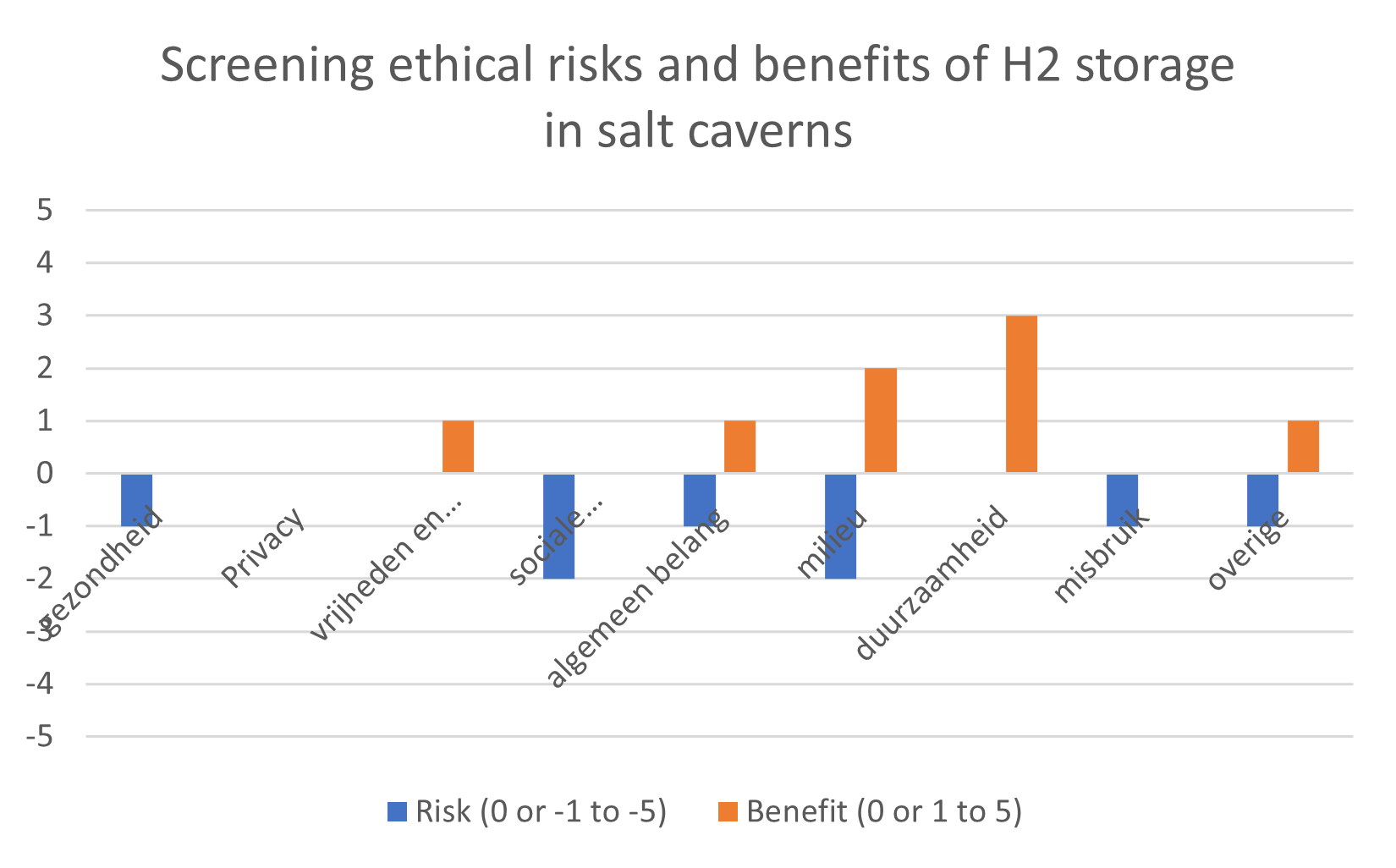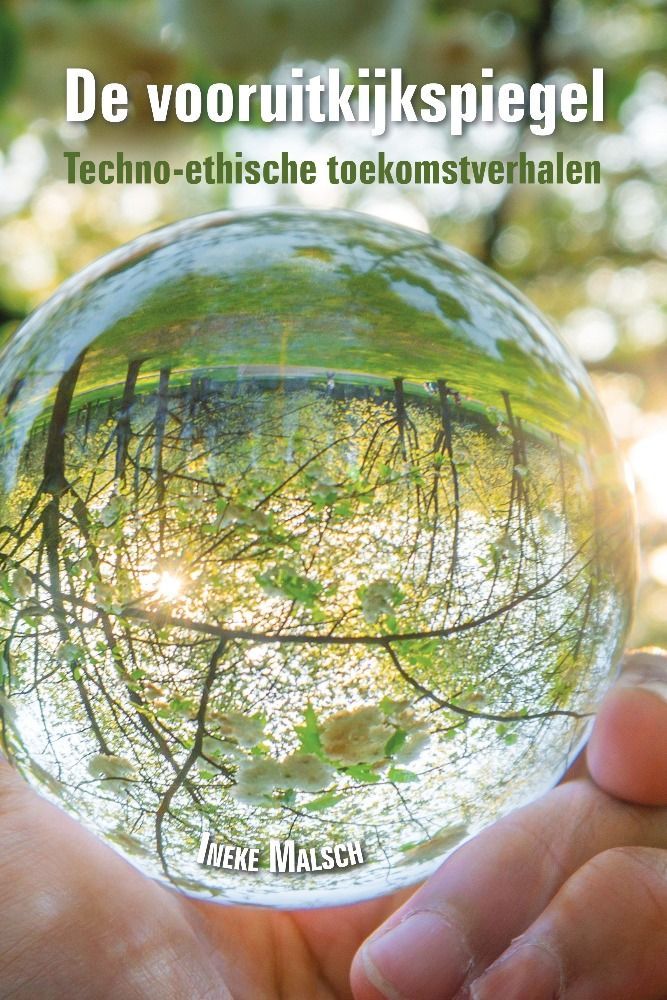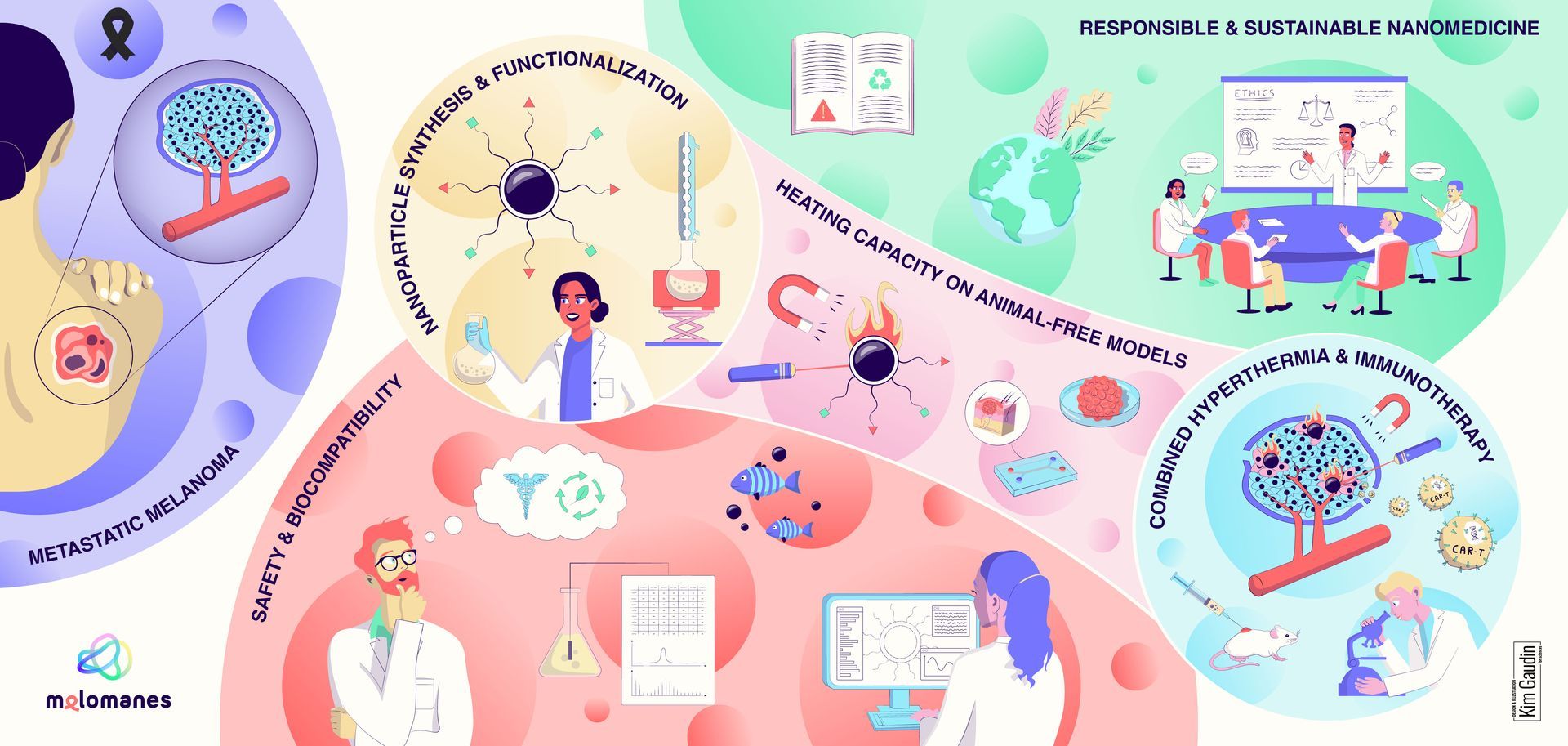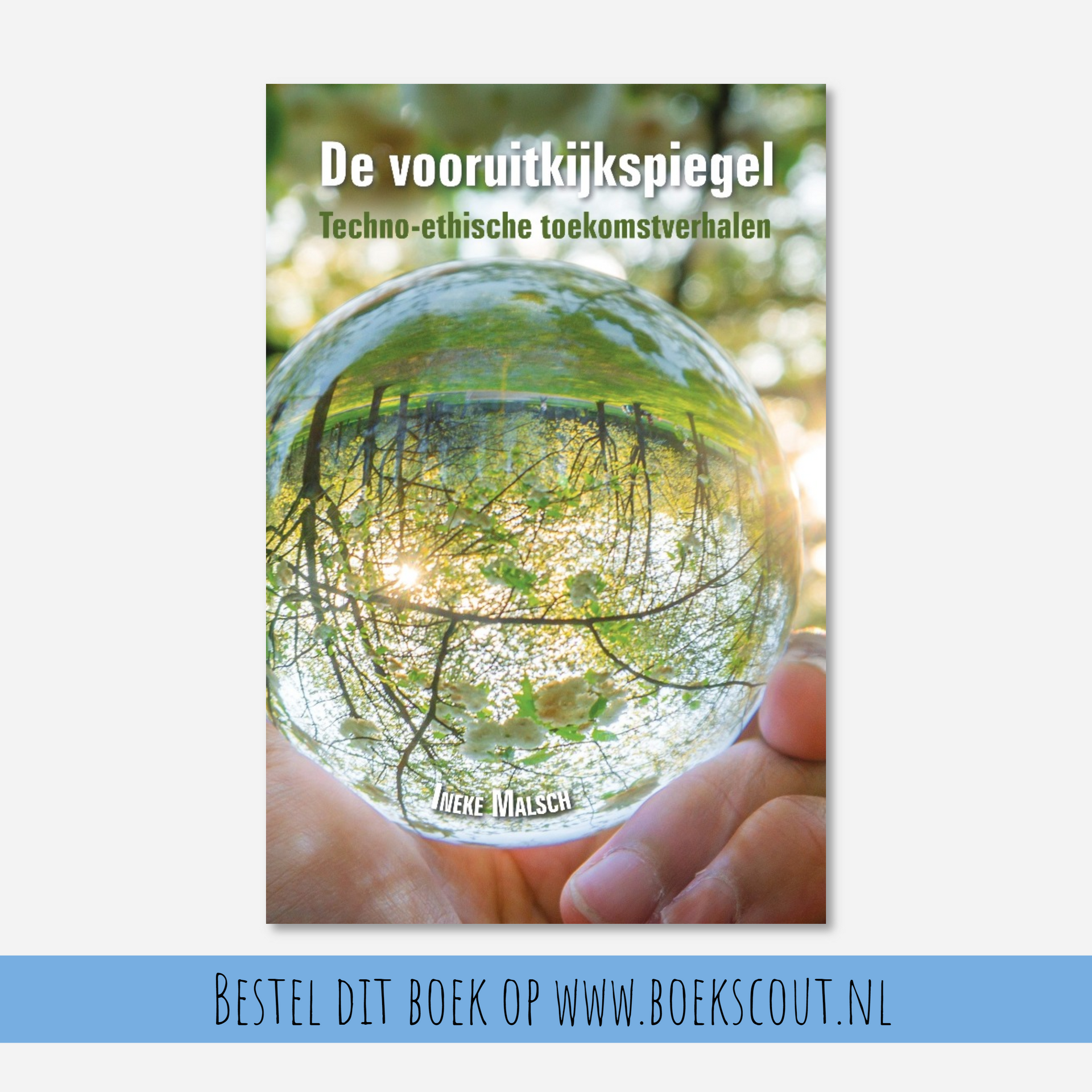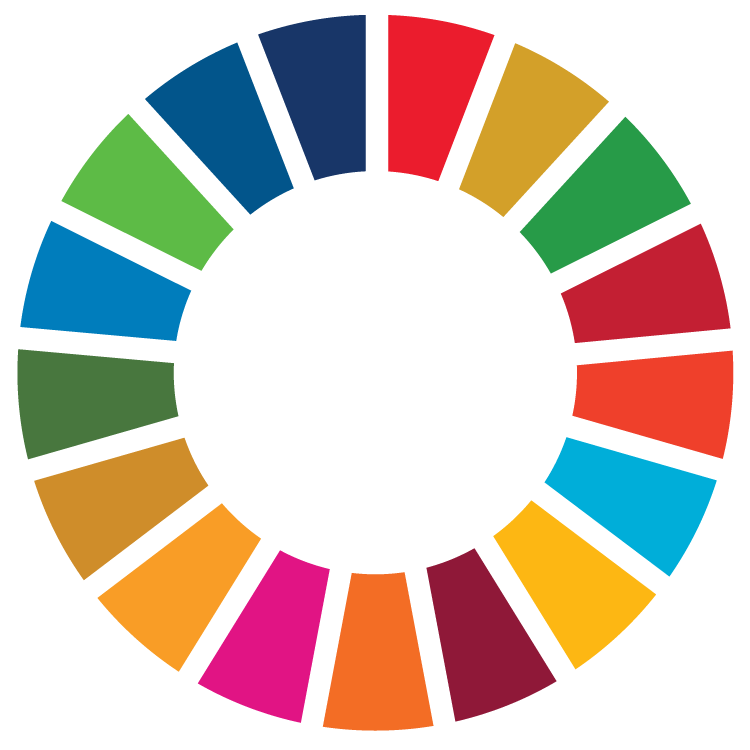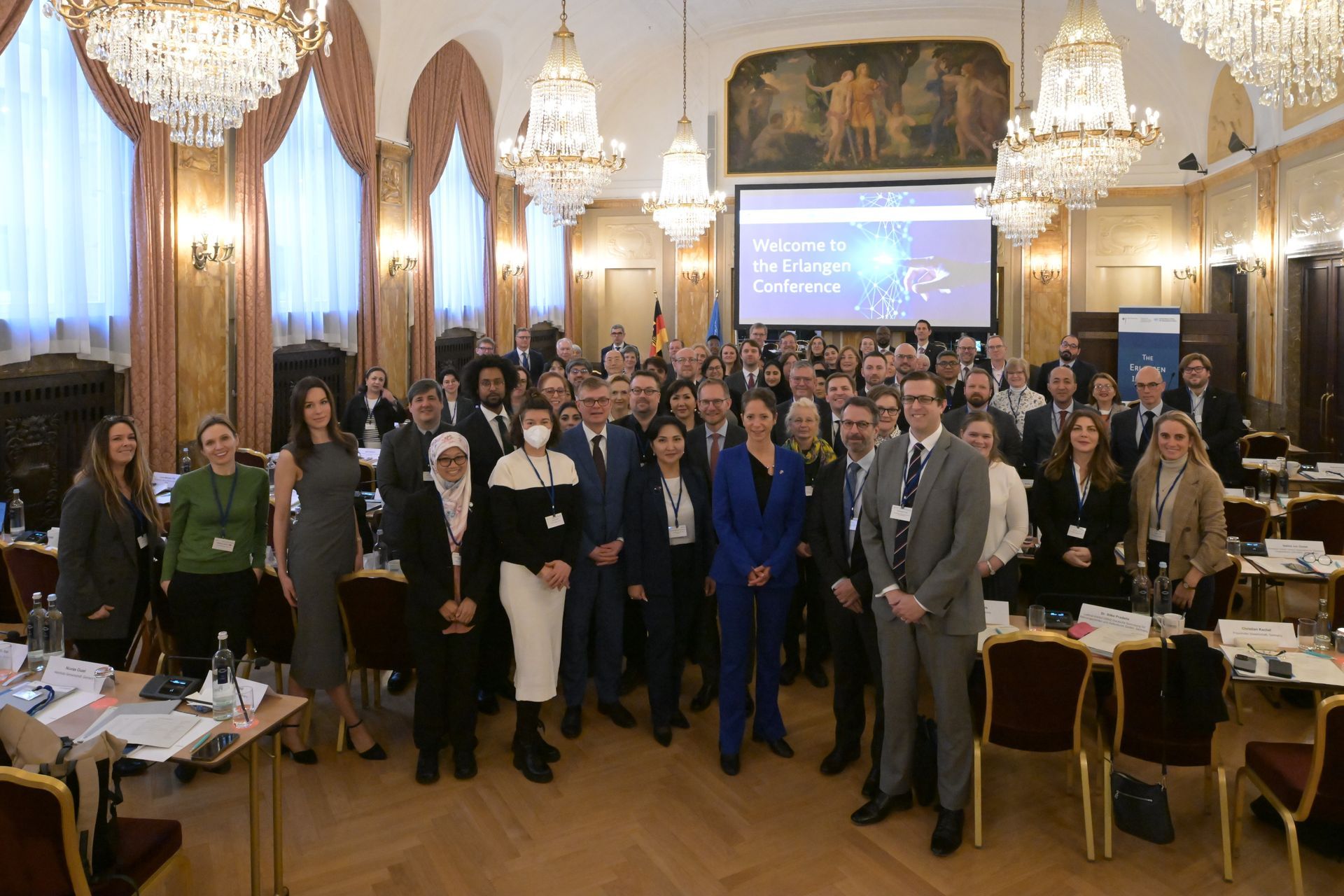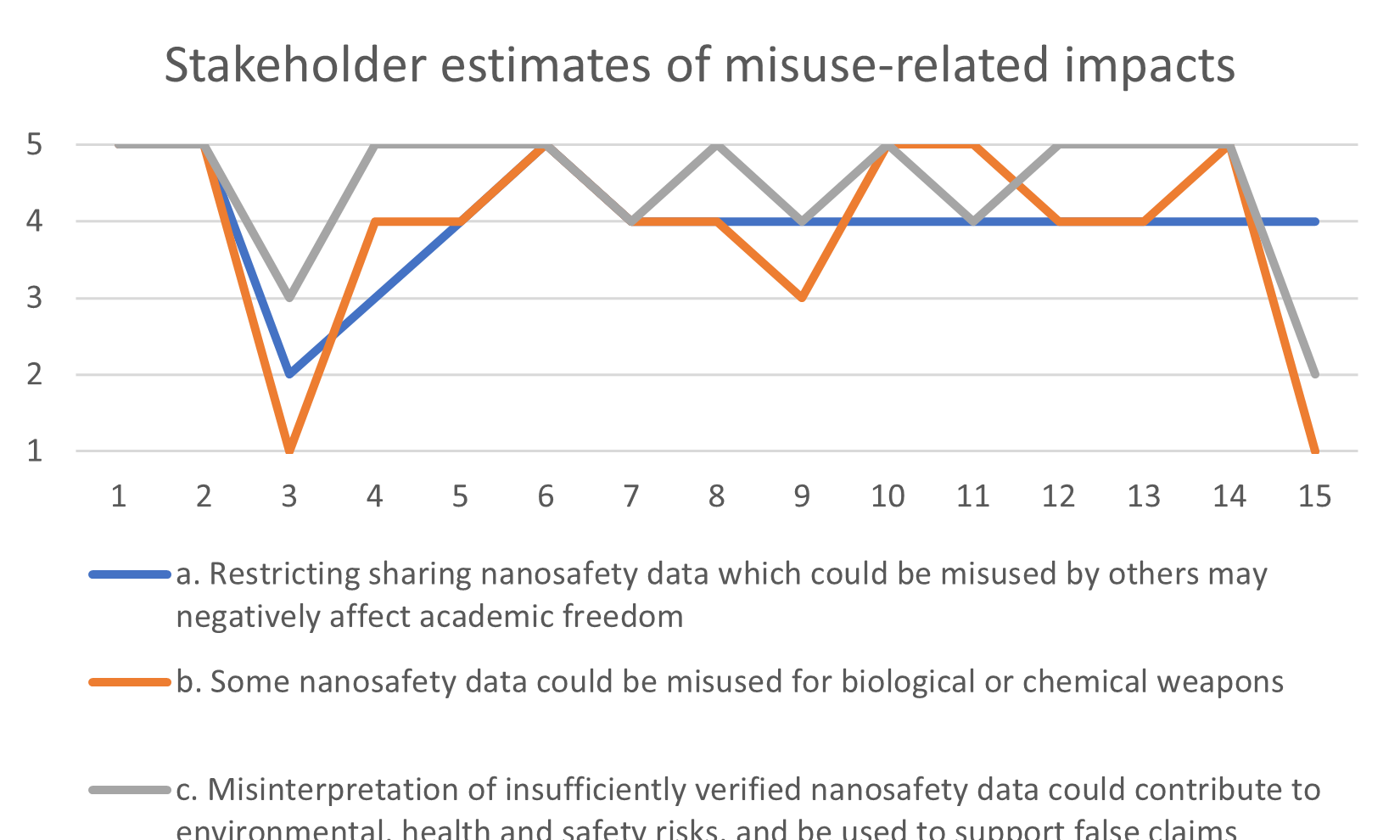Reflections on precautionary principle
Report of webinar with Guillermo Foladori, 9 October 2023 - Organised in collaboration with ANSOLE, INISS-Nano and the Nanosafety Cluster
Of 31 registered participants, 19 people attended (part of) the webinar. The recording is available via this link: https://ansole.org/video-of-the-webinar-on-the-precautionary-principle-and-nanosafety-on-9-oct-2023/
Guillermo Foladori critically compared two main instruments for addressing toxicity of chemicals and environmental problems: Risk Analysis and of the Precautionary Principle. The comparison addressed how both concepts are criticized, which disciplines are involved, and the barriers faced by both approaches. Both concepts share the main principles of science: cause-effect relations and replicability, but in different forms. Risk Analysis is based on mechanical cause-effect relations and laboratory replicability, while the Precautionary Principle utilises dialectical cause-effect relations and historical recurrence. Understanding this difference is the key to interdisciplinary work. The presentation delved deeper into it (see the recording).
Fernand Doridot briefly presented a proposal for a UNESCO UNITWIN network, bringing together research organisations on international collaboration on nanosafety from all over the world. Interested researchers can contact him: fernand.doridot@icam.fr
The following points were discussed:
FD: The precautionary principle is incorporated in the constitution in France, and Risk Analysis has evolved into Risk Assessment. In addition, Life Cycle Assessment has been developed to analyse impacts during the life cycle of materials and products. Risk Assessment is needed as an instrument for governance of chemical risks.
GF: However, Risk Analysis is not sufficient, it needs to be developed further.
DE: Can African institutions join the UNITWIN proposal?
IM/FD: Yes, suggestions for relevant researchers and institutions are welcome, especially in other sub-Saharan African countries, not only South Africa.
MB: The UNESCO UNITWIN proposal is supported, also because UNESCO defended the precautionary principle against the World Trade Organisation in the GMO debate. 20 years ago, there was a tension between two epistemic and political frameworks to protect against the risks of nanomaterials and technologies. In the Global South, research institutes lack big budgets for developing nanotechnology, therefore innovation is key, and there is limited room for the precautionary principle. The precautionary principle is rejected, because it is said to block the innovation potential in countries with limited resources. This is different from the EU and US with bigger funds for research.
MB: Both Risk Analysis and the Precautionary Principle are scientific concepts, but the political context surrounding them is different. The research collaboration should not only be interdisciplinary, but also ‘ex-disciplinary’ as it is called in Latin America, by involving civil society. Include public reasoning of workers, consumers etc, don’t limit the discussion to scientific circles. The struggle is not only targeted to recognition of the Precautionary Principle, but also for juridification: translating the principle into law.
MB: In Argentina, if a substance in waste is suspected to be hazardous, this is sufficient reason to be forced to clean it up. All positions are not necessarily against innovation, but it is important to identify risks and to address them.
GF: Agrees. This recent book, co-edited by Mauricio Berger, gives a good overview of nanotechnology in Argentina (in Spanish): https://relans.org/wp-content/uploads/NTySA2020.pdf
GF: The Precautionary Principle is relevant, but it is not always well-integrated in the legal framework, which is very important. Argentina has a law dealing with health impacts of chemicals, where it is not needed to have performed a full scale risk analysis to take precautionary measures. Argentina is engaged in a political struggle with multinational corporations, claiming that the decision of countries to prohibit the import of substances is not based on scientific evidence. Mexico is involved in a similar struggle over glyfosate and GMOs in corn. The corporations claim these laws are against commercial international laws.
FD: Understands the points. It is good to compare the European and Latin American contexts. The direction of innovation should contribute to the common good. In Europe, the REACH regulation forces companies introducing chemical substances on the EU market to perform a risk assessment. The Precautionary Principle is difficult to apply, even if it is incorporated in the constitution. There is always room for interpretation. Everything can be a risk if it is not quantified. How to judge when something should be restricted?
GF: Understands the issue. There are empirical examples demonstrating how to evaluate when there is recurrent social behaviour. Replication of social behaviour is not just a possibility but a fact. At ReLANS, we have many publications on this in Spanish, and some in English: https://relans.org/en/inicio-english/
GF: an example of social laws is evident from a discussion in 2006/7 in Sao Paulo, with the international federation of trade unions. At that time, nanotechnology was in its infancy, with few products on the market. The Trade Union was concerned about negative consequences, not of specific products or materials, but because they had the experience that big corporations could not be trusted. They had the experience that these corporations never protected workers and the environment. This is similar to banks, who can refuse a loan based on your payment history.
DE: How can African scientists join this debate? Don’t leave them outside. Include Asian and African scientists as well as Latin American and European. A broader network should be developed. South Africa and Kenia are very advanced in this field of social science.
IM: next time we can invite an African speaker for a webinar, maybe in January.
DE: Who is working on this in Africa?
GF: has been collaborating with researchers in South Africa and Ethiopia on a pamphlet distributed at SAICM https://relans.org/wp-content/uploads/2021/02/implications-nanotechnology-in-africa-en.pdf. See also https://relans.org/wp-content/uploads/2021/02/implications-nanotechnology-in-africa-fr.pdf And a book published by the African Centre for Technology Studies. Hailemichael Teshome Demissie, Ochieng, C. M. O., Foladori, G., & Desalegn Mengesha (Eds.). (2015). Harnessing nanotechnology for sustainable development in Africa. ACTS.
MB: distributed links: https://ipen.org/documents/social-and-environmental-implications-nanotechnology-development-africa and https://ipen.org/documents/presentation-social-and-environmental-implications-nanotechnology-development-asia-pacific
IM: shared link to conference in Brazil organised by RENANOSOMA: https://www.nanotecnologiadoavesso.org/content/xx-semin%C3%A1rio-internacional-nanotecnologia-sociedade-e-meio-ambiente-e-xx-semana-nacional-de-
MB: in RENANOSOMA we collaborated with researchers from Latin America and Africa
DE: The African Spring is ongoing. Scientists should take a politically neutral position and try to contribute to achieving the Sustainable Development Goals: https://sdgs.un.org/goals. Avoid getting involved in political and emotional dynamics.
FD: has no current contacts with researchers working on precaution in Africa (but had in the past). Reflections on the precautionary principle must be an important chapter in the UNITWIN network proposal. Africa is very important for UNESCO and for France. Think carefully, who we will engage strongly with in this network. South Africa is ok, but also develop a strategy for engaging with other African countries. In addition, Risk Assessment should also be an important chapter in UNITWIN.
DE: contact Malik Maaza, the UNESCO chair in nanotech in South Africa, and ask him for suggestions for relevant social scientists.
